Windows phone refugees may not find asylum on iPhone
The demise of Windows 10 Mobile is approaching, and Windows phone users are considering their options.
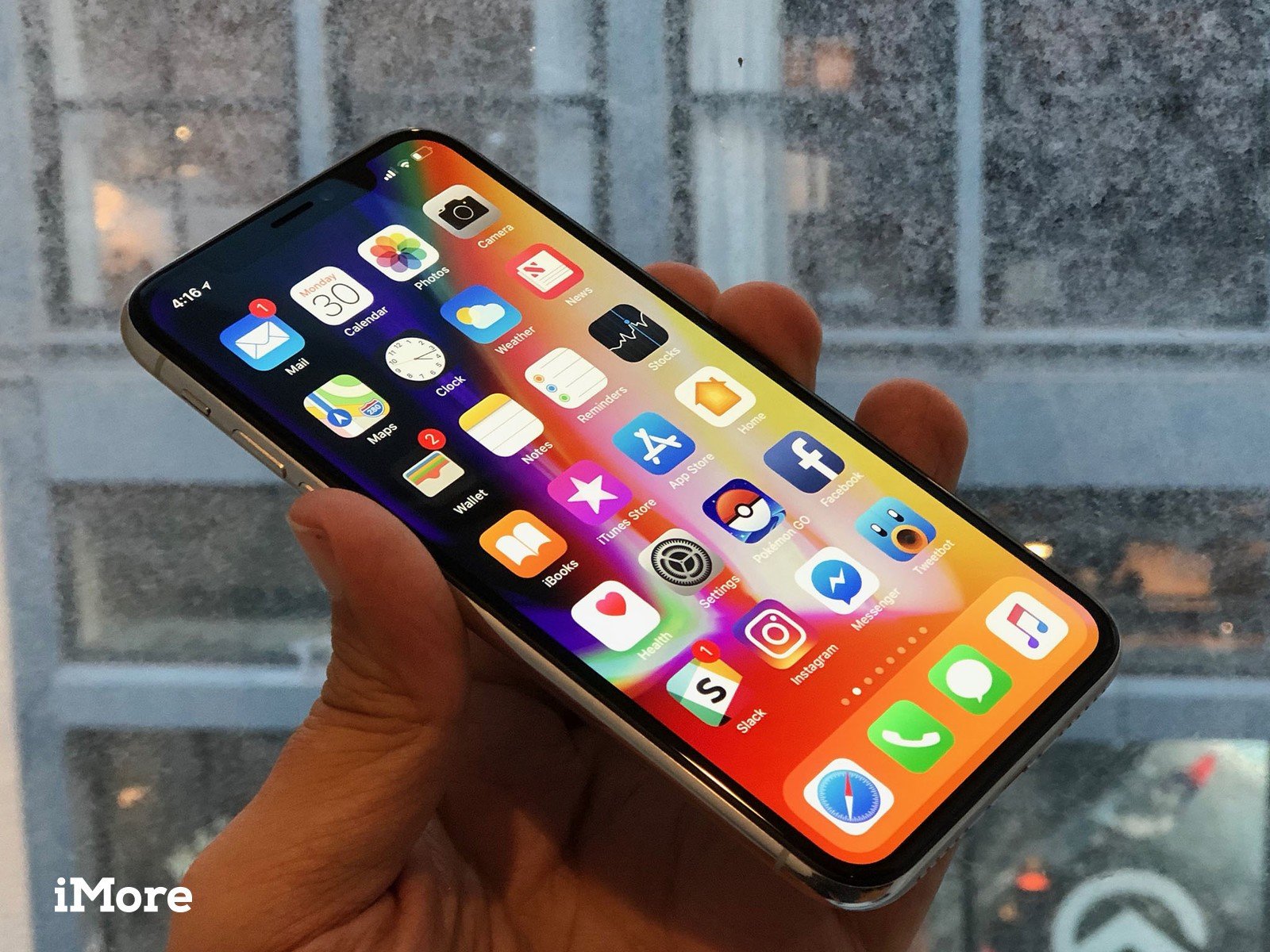
What remains of the smartphone space is a two-horse race where disenchanted Window phone fans have a choice between an Android phone or iPhone. It's simple but limiting.
The fall of Windows phone is a sobering weight upon a historically proud community of users. Fans embraced Windows phone's promise and the unified platform vision Microsoft hoisted on them, even as the platform struggled, year after year, for mass acceptance.
Sadly Microsoft failed to commit to its mobile platform. Now abandoned Windows phone users sit humbled, contemplating which of the platforms they've openly derided will be their future. Given what each platform does and doesn't offer, however, a Windows phone refugee may want to pass on the iPhone.
Windows phone refugees may not find asylum on Android
iPhone isn't the best Microsoft experience
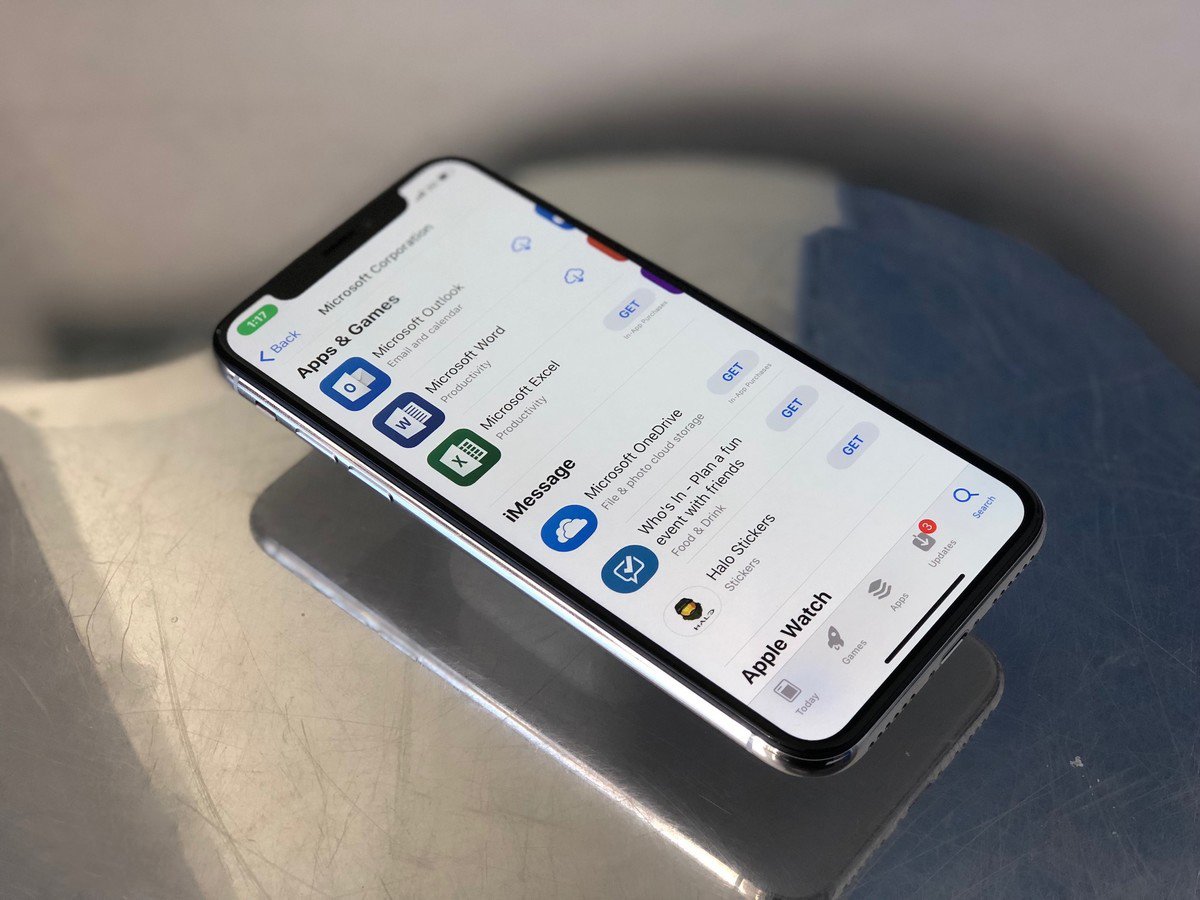
Microsoft's working hard to create a cross-platform ecosystem that embraces iOS and Android. Project Rome and Microsoft Cloud allow developers to enable apps to continue seamlessly across devices. Microsoft Graph and Cortana support user experiences across devices. And Microsoft's cross-platform pollination of iOS and Android with first-party apps ensures Microsoft's presence on rival platforms. Microsoft Edge is now on iOS and Android, and it offers "Continue on PC," for instance.
This is good news for Windows phone users who love the Microsoft experience but are contemplating switching to iOS or Android. It's better news for those who are leaning toward Android, however. Apple's locked-down iOS limits how deeply Microsoft can sink its services into the platform. Consequently, iOS won't integrate with Microsoft's ecosystem and Windows 10 as deeply as Android does.
For instance, Android allows users to make non-Google apps, like Cortana, Bing, and Edge the default apps for specific services. Users can even receive text messages from their Android phones on their Windows 10 PCs. iPhone? Not so much.
Get the Windows Central Newsletter
All the latest news, reviews, and guides for Windows and Xbox diehards.
iOS can't be remade in Microsoft's image
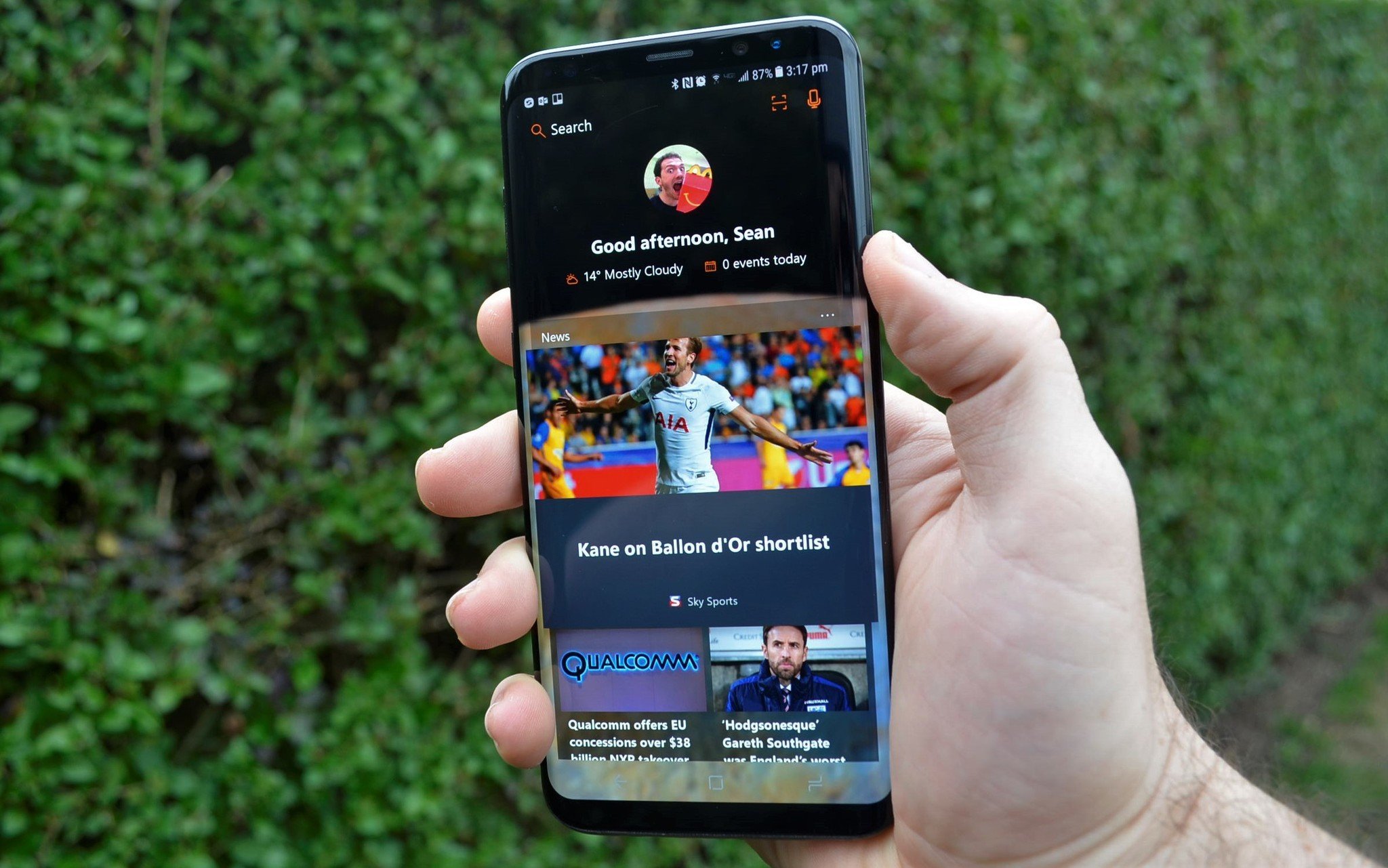
Device customization is also a barrier Windows phone users considering iPhone will confront. Conversely, Android's openness allows users to personalize their home screens and devices and lets Microsoft build apps that integrate with and customize the Android experience.
Microsoft has a wealth of experience developing for Android through Microsoft Garage and a previous partnership with Andrasta (formerly Cyanogen and more recently Lineage). Former Microsoft Chief Experience Officer Julie Larson-Green said, "Android is a great platform for rapid experimentation."
Microsoft has shown no signs of slowing its commitment to making Android a home for Microsoft's services; nor of making Microsoft's ecosystem a home for Android. Though the same is true of Microsoft's commitment to iOS, it will never integrate as deeply into Microsoft's ecosystem as Android. Thus, Windows phone refugees seeking the best Microsoft experience might want to pass on iPhone.
iPhones all look alike
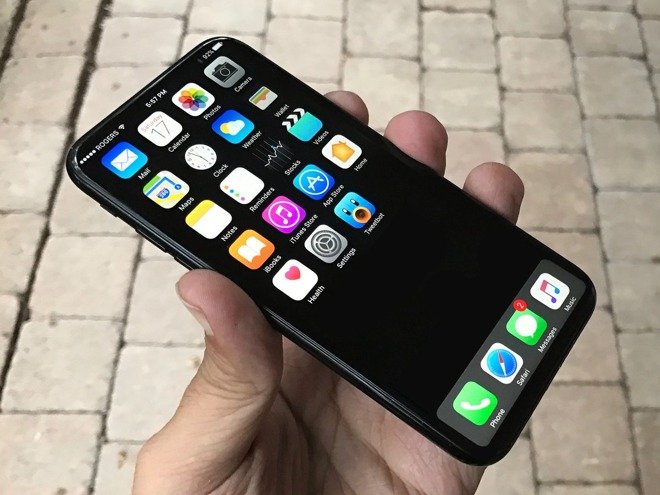
Smartphones are arguably the most personal devices we carry. Consequently, personalizing home screens is a pretty big deal for a lot of people. It may seem like a small thing, but personalization is one of the most valued aspects of the platform for Windows phone users. We like our smartphones to reflect us. The emotional impact of personalization cannot be minimized.
Through resizing, rearranging, and customizing the transparency and color of Live tiles, setting background images and a light or dark theme, Windows phone users tailor their home screens to their precise tastes. Thus, no two Windows phone Start screens look alike. Users considering the every-iPhone-looks-alike, grid-of-static-icons phone would be leaving this level of personalization behind.
Microsoft Launcher, for Android provides users with a customizable home screen experience, integrates with Microsoft products, allows users to continue activities on their PCs, and more. Users who love personalizing their devices may find Android more appealing than iPhone's homogeny.
No expandable storage and a big price tag
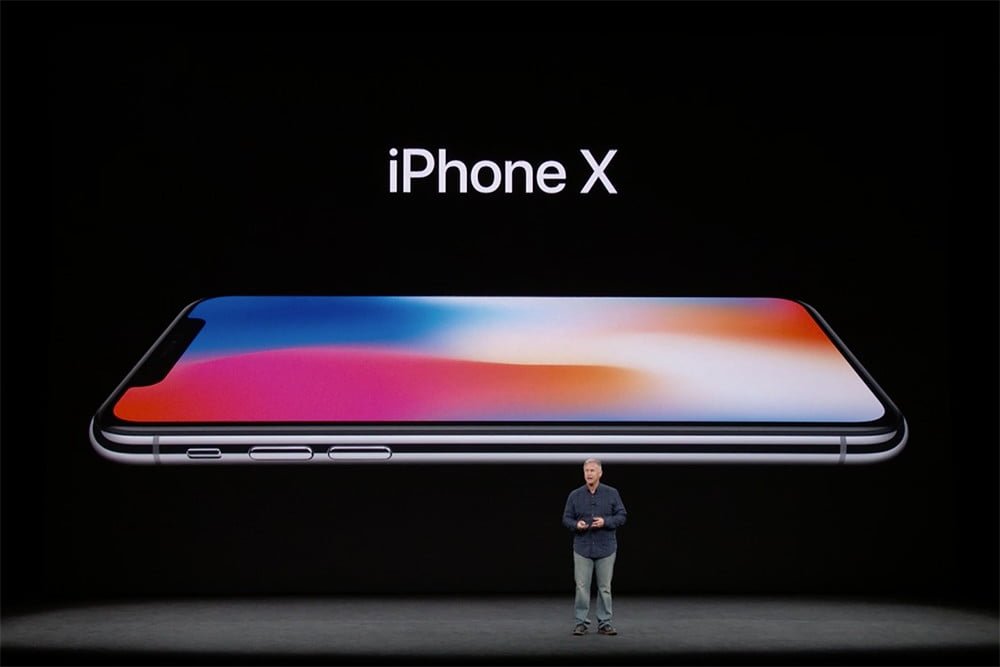
Samsung, HP, Alcatel, BLU and other OEMs provided Windows phone users who like options with a variety of choices over the years. Even now, the crowdfunded WinPhone 5.0 by Trekstor is an option for the diehard enthusiast.
Conversely, Apple's the only manufacturer of iPhones. Though there are few complaints given the hardware and software synergy, if Apple's design choice doesn't tickle a user's fancy, he's out of luck. Conversely, a plethora of Android OEMs offer a buffet of choices for Windows phone refugees hungry for a platform to call home.
Furthermore, iPhones don't have expandable storage. Most Android phones, like the ones Windows phones fans are leaving behind, do. iPhones are sold on increasingly expensive tiers with ever-increasing storage options.
Speaking of cost, Windows phone users may find the cost of a new iPhone off-putting. Though there are flagship Android phones comparable in price, iPhones (and Apple products in general) are notorious for their luxury-item price tags.
So, should you join team iPhone?
Windows phone refugees seeking a haven on a new platform may find iPhone's limited customization options and limited integration into Microsoft's ecosystem a non-starter. Limited device choices and no expandable storage are also potential drawbacks. The iPhone's inability to be recognized as an additional drive when connected to a PC, like Windows and Android phones, may also trouble power users. And for a device with a starting price of $1,000, the missing headphone jack is an ironic shortcoming.
Windows phone users who feel they must switch may find Android's openness, ability to personalize, and integration into Microsoft's ecosystem a more appealing option.
Hey Windows phone fans — ignore the haters, use what you love
Then again, for those inclined to hold out as long as their Windows phone does, an enterprise-focused, expensive, pocketable non-phone telephony-enabled Windows device may be in your future.
And Android isn't perfect, either ...
Jason L Ward is a columnist at Windows Central. He provides unique big picture analysis of the complex world of Microsoft. Jason takes the small clues and gives you an insightful big picture perspective through storytelling that you won't find *anywhere* else. Seriously, this dude thinks outside the box. Follow him on Twitter at @JLTechWord. He's doing the "write" thing!

